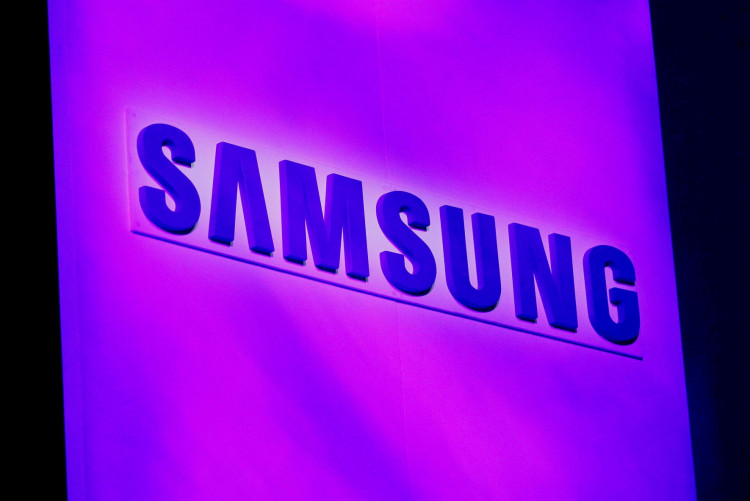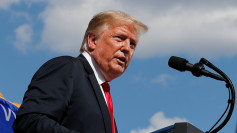South Korean President Yoon Suk-yeol on Friday pardoned Samsung Electronics Vice Chairman Jay Y. Lee, citing the need for the corporate leader to assist in overcoming a "national economic crisis."
Analysts believe it means Lee will be able to do business more freely, which might presage some huge moves from Samsung.
"With urgent needs to solve the national economic crisis, we carefully picked economic elites to be pardoned who lead the national growth engine through aggressive technological investment and job creation," Justice Minister Han Dong Hoon said at a press conference.
According to Yonhap news agency, Lee, a scion of Samsung's founding family, praised the decision and committed to work hard for the national economy.
Lee is widely anticipated to fast-track key strategic decisions ranging from microchip deals to reforms in the South Korean government.
Lotte Group chairman Shin Dong-bin, who was sentenced to two and a half years in prison on bribery allegations, was also pardoned by pro-business President Yoon.
Well before winning the presidential pardon, Lee was back in the spotlight, visiting Samsung's Pyeongtaek chip production facilities in May with President Yoon and U.S. President Joe Biden.
In June, he traveled to Europe to meet with ASML Holding NV CEO Peter Wennink to discuss the deployment of crucial high-end chip equipment.
Analysts have long anticipated large M&A and investment choices to be made after Lee was reinstated, with business sources stating that such decisions should only be made by Lee.
Samsung chose Taylor, Texas as the location for a new $17 billion chip facility in November.
While analysts think Lee can now participate more freely in management, his legal dangers remain because of an ongoing trial in which he faces charges of fraud and stock manipulation.
"Lee might face a new prison sentence if convicted in his trial. However, the presidential pardon allows him to handle major management concerns for the time being," said Lee Kyungmook, a professor at the Graduate School of Business at Seoul National University.
Earlier this year, top Samsung executives hinted at possible forthcoming acquisition activity. Since its $8 billion takeover of audio devices maker Harman in 2017, Samsung Electronics has not completed a high-profile transaction.
Although economic variables such as a drop in demand may influence investment decisions, Samsung has a deep financial coffers.
As of the end of June, Samsung Electronics' cash position had climbed marginally to 125 trillion won ($95.13 billion), up from 111 trillion the previous year.






